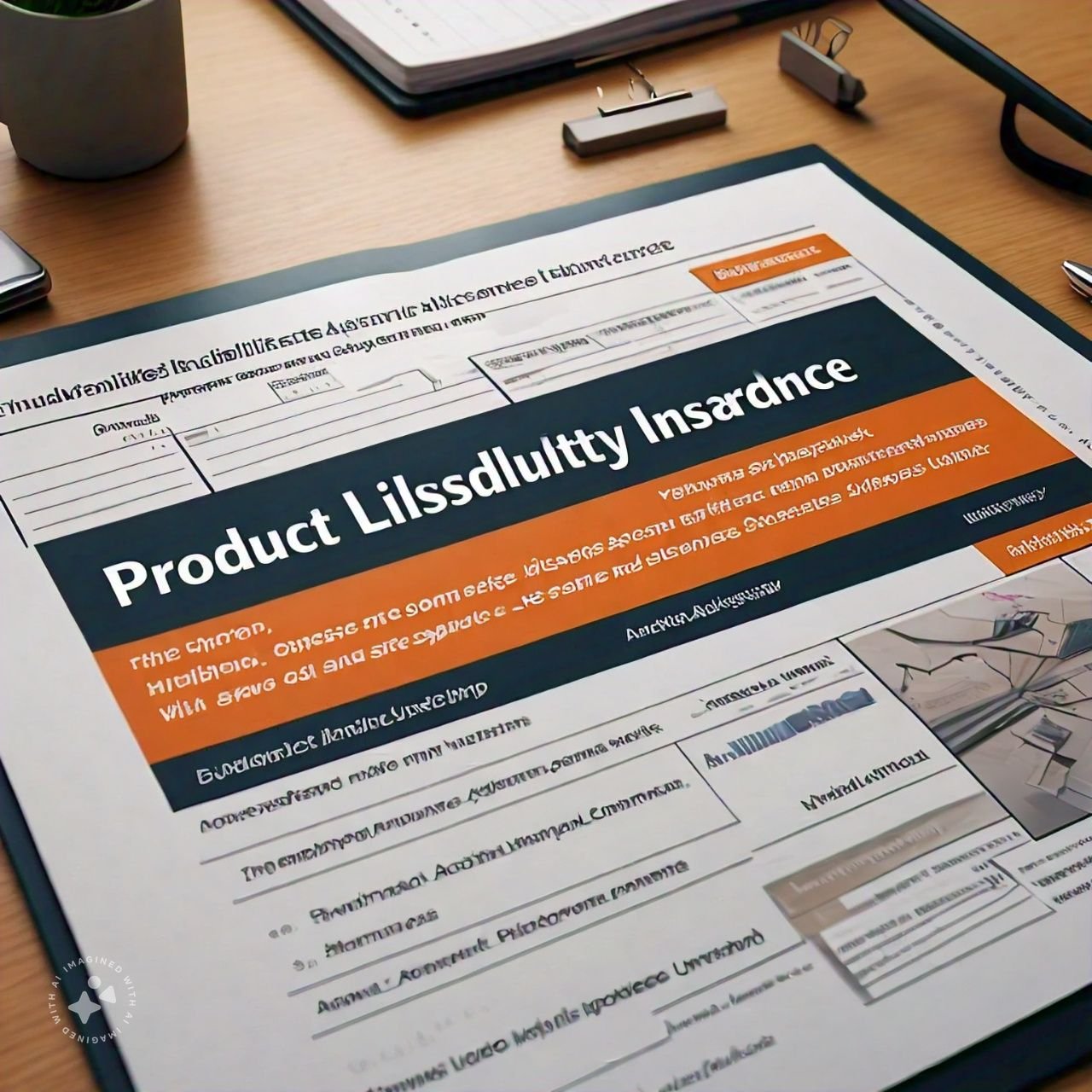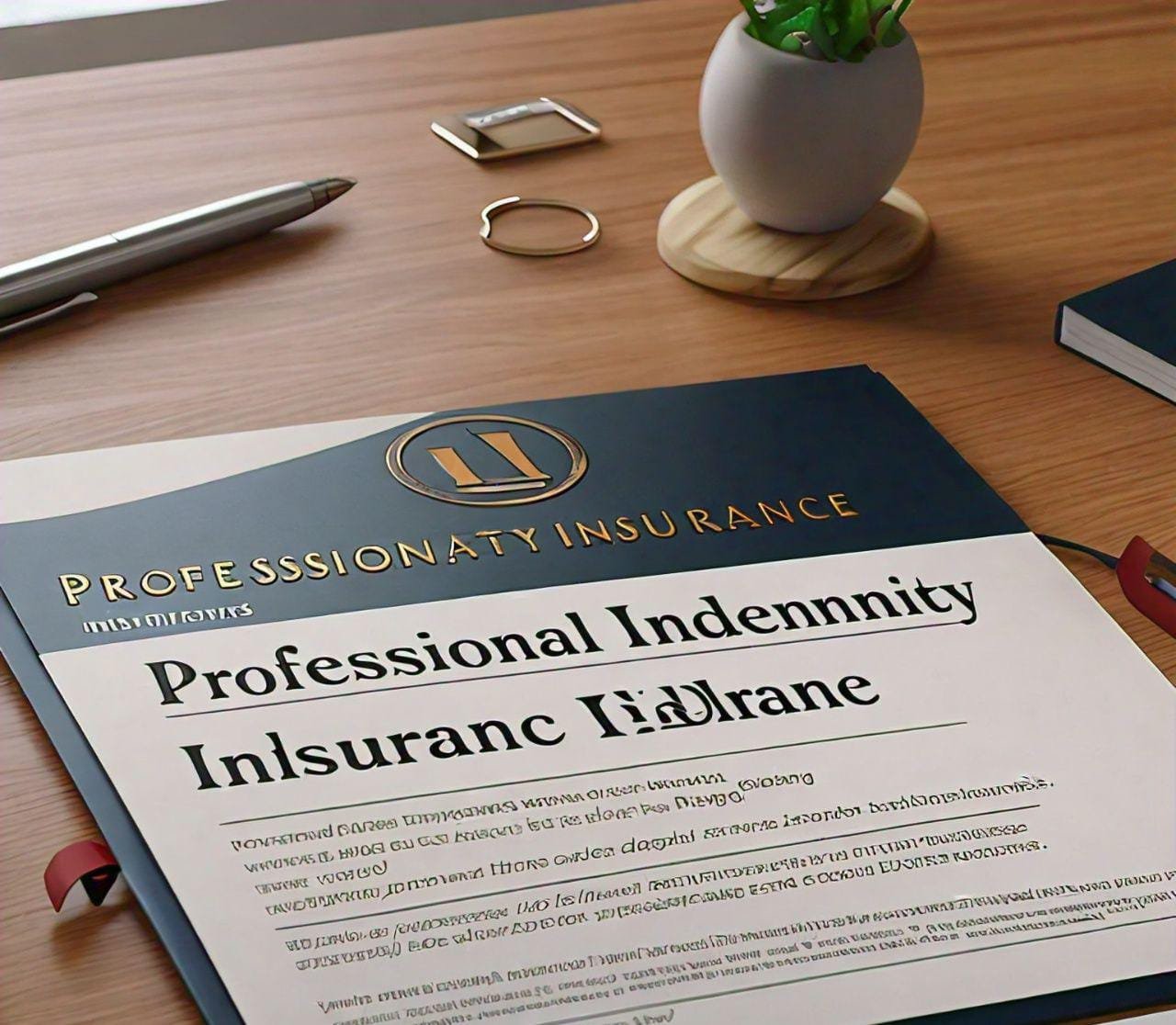Mortgage Insurance: Understanding the Basics and Its Importance
Mortgage insurance is a form of insurance coverage that covers the mortgage lender or title holder in the event that a borrower fails to make mortgage payments. It is often needed when a borrower makes a down payment of less than 20% of the home’s buying price. Mortgage insurance might include private mortgage insurance (PMI), qualifying mortgage insurance premium (MIP), and mortgage title insurance.
What is Mortgage Insurance?
Mortgage insurance is an insurance policy that covers a mortgage lender or titleholder in the event that the borrower fails to make payments, dies, or is otherwise unable to perform the mortgage’s contractual obligations. Mortgage life insurance, on the other hand, is intended to safeguard heirs in the event that the borrower dies while still making mortgage payments. It may pay off either the loan or the heirs, depending on the policy’s conditions.
Key Takeaways
Mortgage insurance is an insurance policy that protects a lender or titleholder in the event that the borrower fails on payments, dies, or is otherwise unable to perform the mortgage’s contractual obligations.
There are three forms of mortgage insurance: private mortgage insurance, qualifying mortgage insurance premium insurance, and mortgage title insurance.
It should not be confused with mortgage life insurance, which protects heirs in the event that the borrower dies while still making mortgage payments.
How Mortgage Insurance Works
Mortgage insurance can be purchased on a pay-as-you-go basis or in one flat sum at the time of mortgage origination. Prior to mortgage closing, a representative, such as a lawyer or a title business employee, conducts a title search. The procedure is intended to unearth any liens on the property that would preclude the owner from selling. A title search also confirms that the property being sold belongs to the seller.
Mortgage Protection Life Insurance
Borrowers are frequently given mortgage protection life insurance after they complete the paperwork to establish a mortgage. Borrowers can deny this insurance when it is offered, but they may be forced to sign a number of documents and releases to confirm their choice. This extra documentation is intended to demonstrate that you understand the risks connected with obtaining a mortgage. Mortgage life insurance payouts can be declining-term (meaning the payout decreases as the mortgage debt decreases) or flat, albeit the latter is more expensive. According to the provisions of the insurance, the payments might be sent to either the lender or the borrower’s heirs.
How Long Do I Need to Pay Mortgage Insurance?
If you have a traditional loan, you will typically have to pay mortgage insurance until you have at least 20% equity in your house. If you have an FHA loan, you must pay mortgage insurance premiums (MIP) until the mortgage is paid off or refinanced.
What Does Mortgage Insurance Cover?
Mortgage insurance benefits your lender, not you. It protects your mortgage company from loss if you are unable to make your payments. It will not keep you from losing your home if you default on the loan.
Types of Mortgage Insurance
There are three types of mortgage insurance:
- Private Mortgage Insurance (PMI) is a form of mortgage insurance that a borrower may be obliged to purchase as part of the terms of a traditional mortgage loan. Like other types of mortgage insurance, PMI protects the lender rather than the borrower. The lender organizes PMI, which is provided by private insurance firms. PMI is often required when a borrower obtains a conventional loan with a down payment of less than 20%. A lender may also mandate PMI if a borrower is refinancing with a conventional loan and the equity is less than 20% of the home’s worth.
- Qualified Mortgage Insurance Premium (MIP): If you obtain a US Federal Housing Administration (FHA)-backed mortgage, you will be required to pay a qualified mortgage insurance premium, which offers a comparable form of insurance. An MIP has distinct restrictions, including the need that everyone with an FHA mortgage purchase this form of insurance, regardless of the size of their down payment.
- Mortgage title insurance protects against loss in the event that a sale is subsequently declared illegal due to a title issue. Mortgage title insurance protects a beneficiary against damages if it is discovered at the time of sale that someone other than the seller owns the property.
How Can I Avoid Paying Mortgage Insurance?
If you don’t want to pay private mortgage insurance while borrowing money for a new house, you must put down at least 20%. Depending on the lender, you may be able to avoid PMI by selecting a mortgage with a higher interest rate to compensate the lender for the added risk. However, other loans, such as FHA loans, need mortgage insurance costs regardless of how much equity you have in your property.
The Bottom Line
Mortgage insurance protects the lender in case you are unable to satisfy your mortgage commitments. Lenders require you to pay for private mortgage insurance if you put down less than 20% on a traditional loan, but you can ask to waive the insurance.










